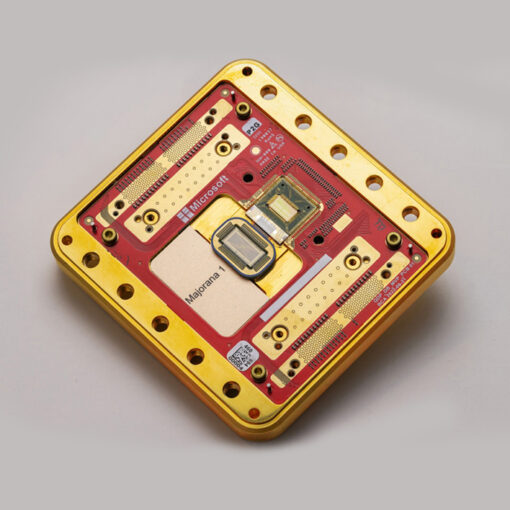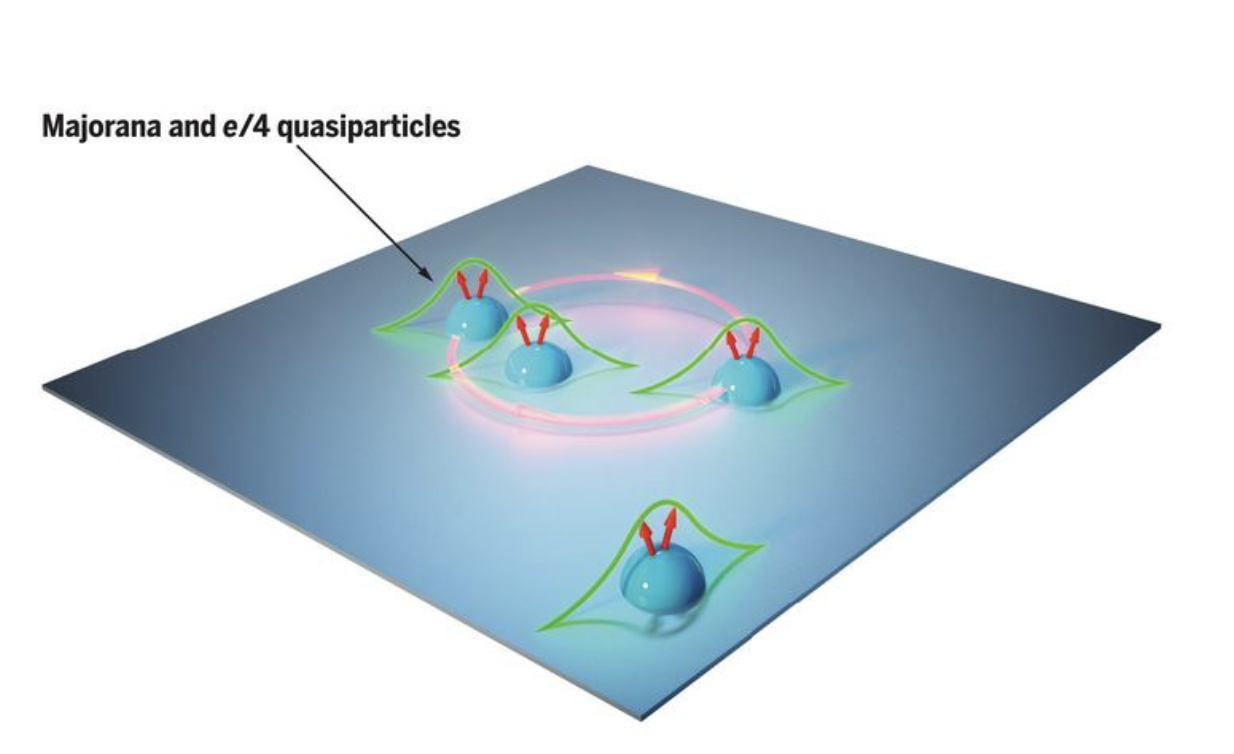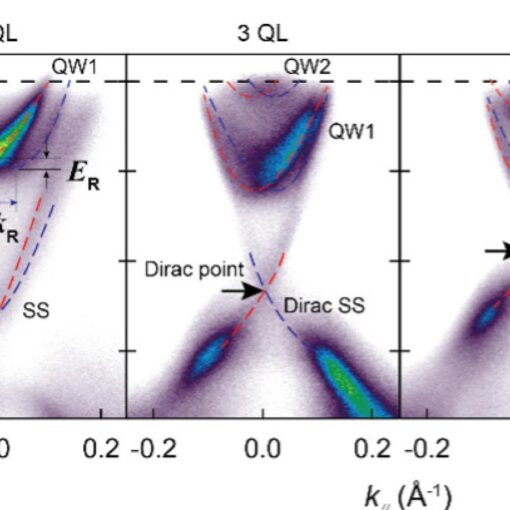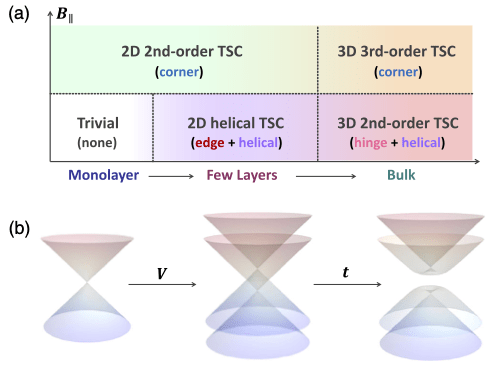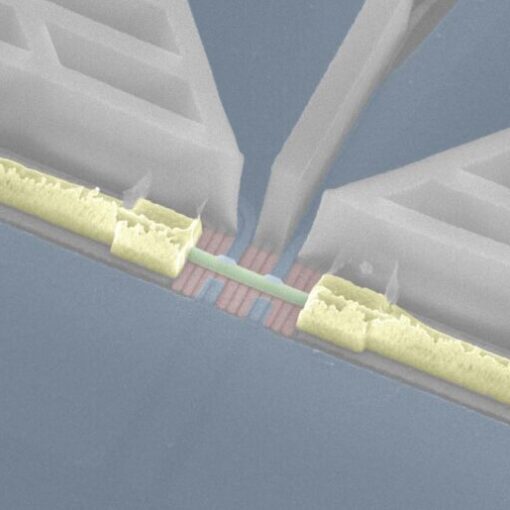
Scalable Kitaev Chains for Quantum Computing
A QuTech-led research team successfully created a three-site Kitaev chain in a hybrid InSb/Al nanowire that demonstrates enhanced stability of Majorana zero modes compared to two-site chains, marking significant progress toward scalable topological quantum computing.


